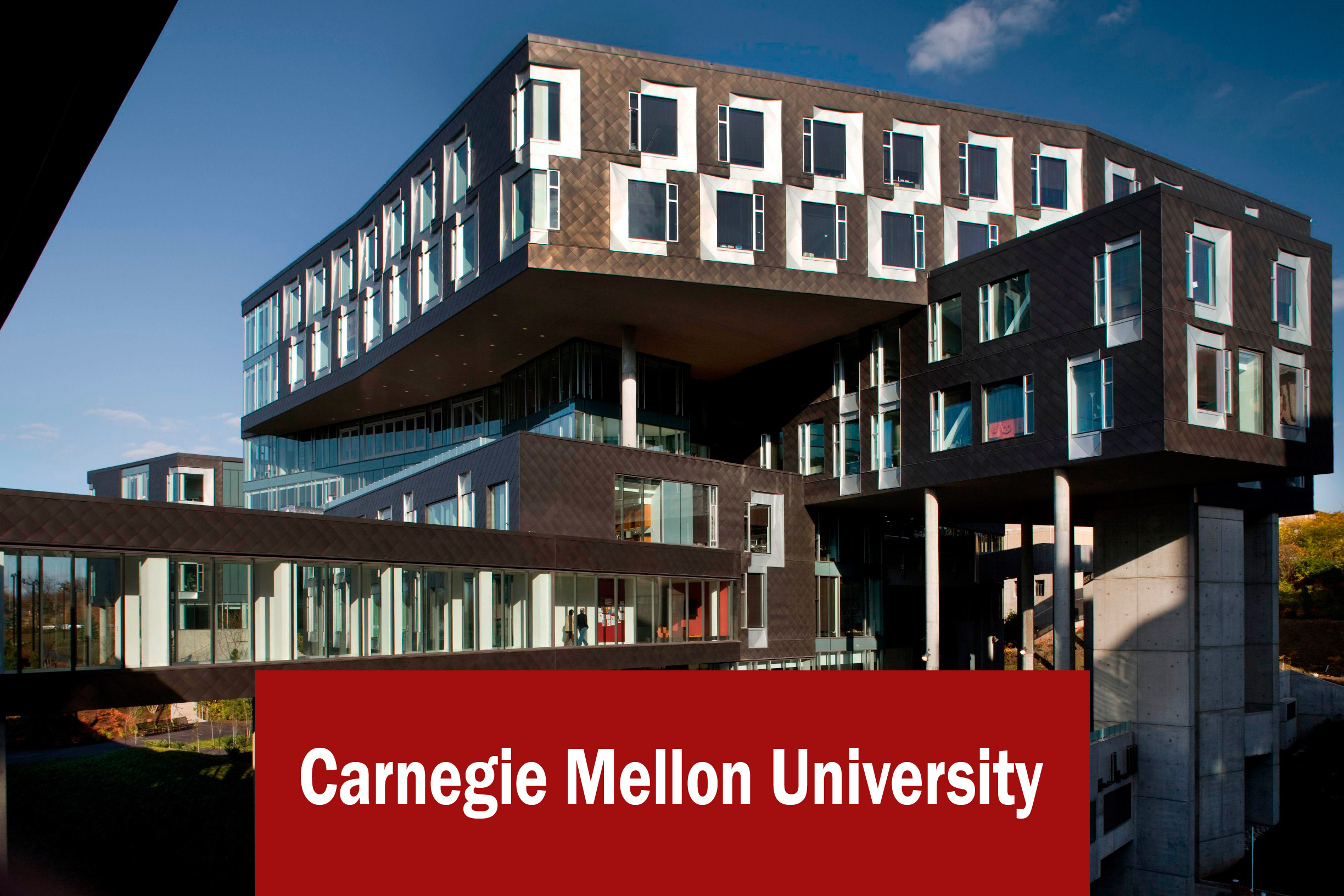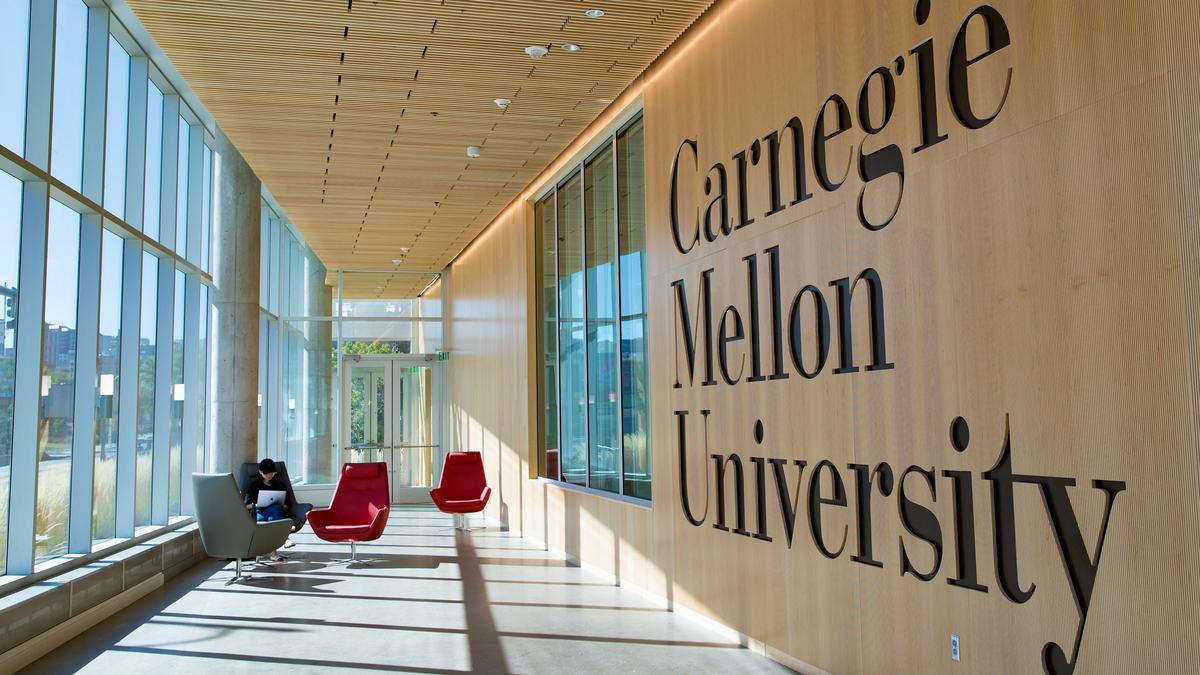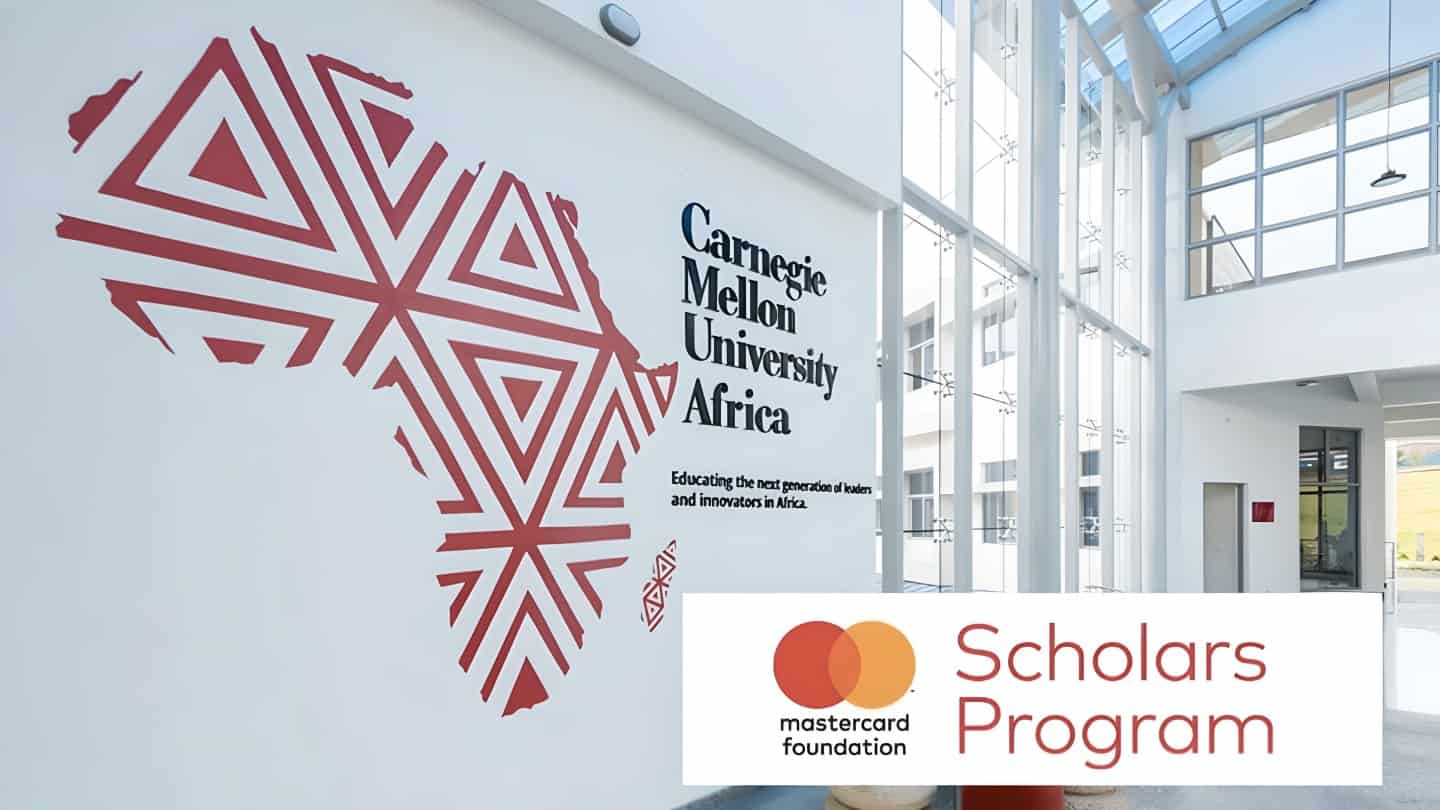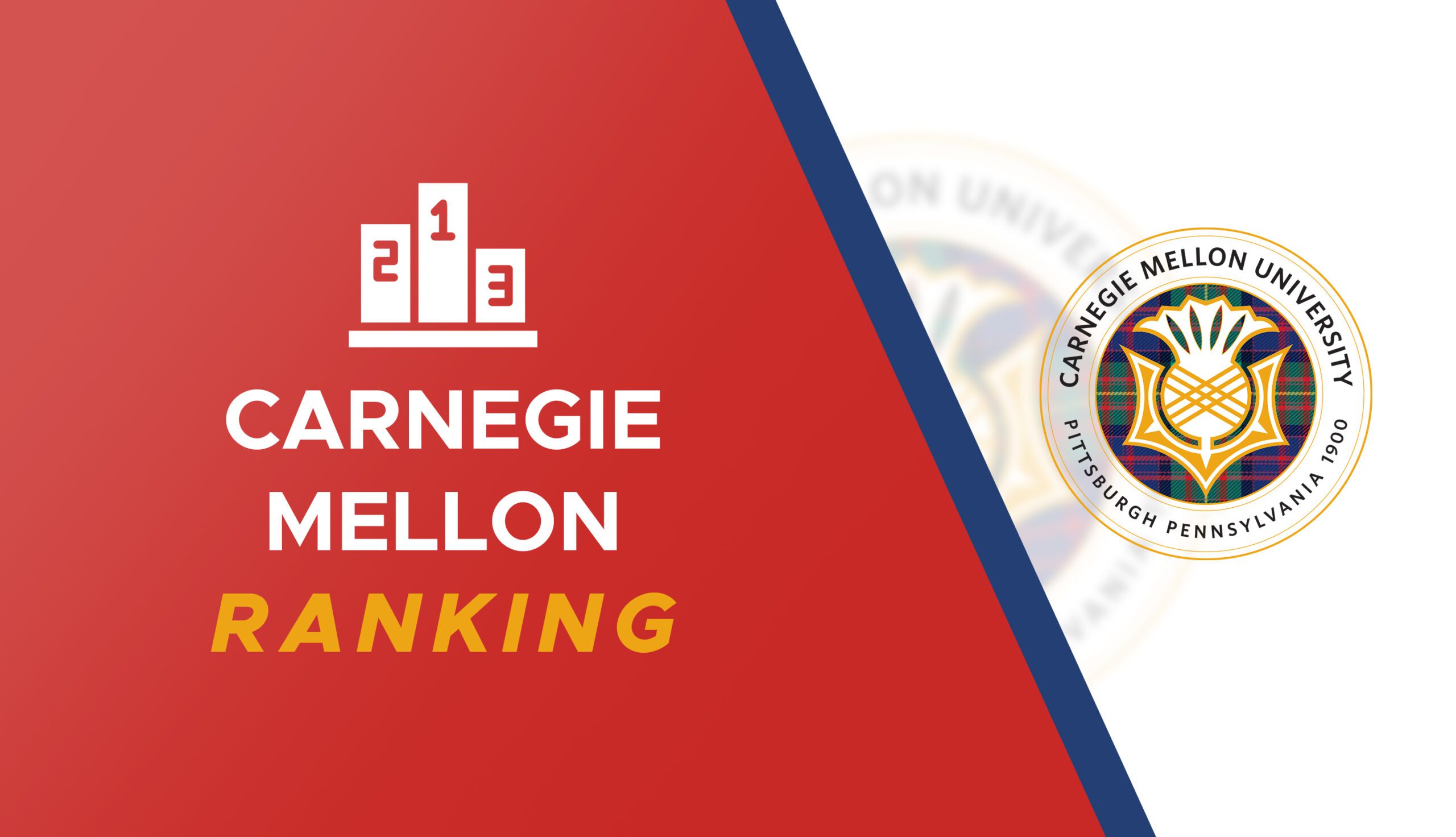Carnegie Mellon College’s 2025-2025 Educational Calendar: A Deep Dive into Flexibility, Innovation, and the Way forward for Training
Associated Articles: Carnegie Mellon College’s 2025-2025 Educational Calendar: A Deep Dive into Flexibility, Innovation, and the Way forward for Training
Introduction
With enthusiasm, let’s navigate by way of the intriguing matter associated to Carnegie Mellon College’s 2025-2025 Educational Calendar: A Deep Dive into Flexibility, Innovation, and the Way forward for Training. Let’s weave attention-grabbing data and supply recent views to the readers.
Desk of Content material
- 1 Related Articles: Carnegie Mellon University’s 2025-2025 Academic Calendar: A Deep Dive into Flexibility, Innovation, and the Future of Education
- 2 Introduction
- 3 Carnegie Mellon University’s 2025-2025 Academic Calendar: A Deep Dive into Flexibility, Innovation, and the Future of Education
- 4 Closure
Carnegie Mellon College’s 2025-2025 Educational Calendar: A Deep Dive into Flexibility, Innovation, and the Way forward for Training

Carnegie Mellon College (CMU), famend for its pioneering spirit and dedication to technological development, has unveiled its bold 2025-2025 educational calendar, a radical departure from conventional semester techniques. This progressive method, designed to foster better flexibility, personalised studying, and experiential alternatives, represents a big leap ahead in increased training and guarantees to redefine the scholar expertise. Whereas the precise calendar for the hypothetical 2025-2025 educational yr does not exist (CMU operates on a typical educational yr), this text will discover a conceptual mannequin of what such a revolutionary calendar may entail, drawing on CMU’s present strengths and present traits in increased training.
Past the Semester: A Modular Method
The core precept behind the conceptual 2025-2025 calendar is modularity. As an alternative of inflexible semesters, the tutorial yr is split into quite a few shorter, self-contained modules, probably lasting wherever from a number of weeks to a few months. College students would choose modules based mostly on their particular person educational objectives, profession aspirations, and private circumstances. This permits for:
-
Customized Studying Pathways: College students can tailor their academic journey, accelerating by way of areas of energy whereas dedicating extra time to difficult topics. A scholar keen about robotics may dedicate a number of consecutive modules to superior robotics programs, whereas one other may interweave technical modules with humanities electives based mostly on their pursuits.
-
Elevated Flexibility and Agility: College students dealing with unexpected circumstances – household emergencies, internships, or analysis alternatives – can regulate their module choice to accommodate these occasions with out considerably disrupting their educational progress. This flexibility is essential in in the present day’s dynamic world.
-
Enhanced Experiential Studying: Shorter modules may very well be designed round particular tasks, internships, or analysis experiences. College students may spend a module engaged on a real-world drawback with an organization, contributing to a college analysis challenge, or participating in a examine overseas program. This built-in method blurs the strains between classroom studying and sensible utility.
-
Steady Studying: The modular construction permits for steady enrollment, that means college students can begin and end modules all year long, fostering a extra fluid and dynamic studying atmosphere. This might be significantly helpful for college kids pursuing accelerated diploma applications or these integrating skilled work into their research.
Integrating Expertise and Progressive Pedagogies
The 2025-2025 calendar could be deeply intertwined with expertise. CMU’s fame for technological innovation could be leveraged to create:
-
Customized Studying Platforms: Superior studying administration techniques (LMS) would observe scholar progress, present personalised suggestions, and supply adaptive studying sources. AI-powered instruments may help college students with scheduling, course choice, and educational advising.
-
Digital and Hybrid Studying Choices: Modules may incorporate a mixture of in-person, on-line, and hybrid studying codecs, catering to numerous studying types and geographical constraints. This might broaden entry to CMU’s sources for a broader vary of scholars.
-
Collaborative Studying Environments: Expertise would facilitate collaboration amongst college students, no matter their location or schedule. Digital breakout rooms, collaborative challenge areas, and on-line boards would foster a way of neighborhood inside the versatile modular construction.
Addressing Potential Challenges
Implementing such a radical calendar would undoubtedly current challenges:
-
Curriculum Coordination: Creating a modular curriculum that ensures coherence and articulation throughout totally different modules would require cautious planning and coordination amongst college.
-
School Workload: The elevated flexibility may necessitate changes to college workload and instructing assignments to accommodate the varied module choices and scholar schedules.
-
Scholar Advising: Offering efficient educational advising in a modular system would require refined instruments and methods to information college students by way of their personalised studying pathways.
-
Evaluation and Accreditation: Creating strong evaluation strategies that precisely measure studying outcomes throughout numerous modules and studying codecs could be essential for sustaining educational requirements and satisfying accreditation necessities.
The Position of Interdisciplinary Collaboration
CMU’s energy in interdisciplinary collaboration could be a key asset in creating and implementing the 2025-2025 calendar. School from totally different departments would collaborate to design modules that combine data and expertise from a number of disciplines, fostering a holistic and well-rounded academic expertise. This interdisciplinary method could be particularly precious in getting ready college students for complicated, real-world challenges.
A Imaginative and prescient for the Way forward for Greater Training
The conceptual 2025-2025 educational calendar at CMU is greater than only a scheduling innovation; it is a imaginative and prescient for the way forward for increased training. It represents a shift from a standard, factory-model method to a extra personalised, versatile, and learner-centric system. By embracing modularity, expertise, and interdisciplinary collaboration, CMU may create a really transformative academic expertise that empowers college students to attain their full potential and turn into leaders in a quickly evolving world.
Whereas the specifics of such a calendar would require intensive planning and experimentation, the underlying ideas – flexibility, personalization, and experiential studying – supply a compelling imaginative and prescient for the way forward for increased training. CMU’s dedication to innovation positions it as a possible chief on this transformative shift, setting a precedent for different establishments to comply with and finally redefining the very nature of the college expertise. The 2025-2025 calendar, though hypothetical, serves as a strong illustration of how CMU may proceed to push the boundaries of upper training, shaping the way forward for studying for generations to return.








Closure
Thus, we hope this text has offered precious insights into Carnegie Mellon College’s 2025-2025 Educational Calendar: A Deep Dive into Flexibility, Innovation, and the Way forward for Training. We hope you discover this text informative and helpful. See you in our subsequent article!